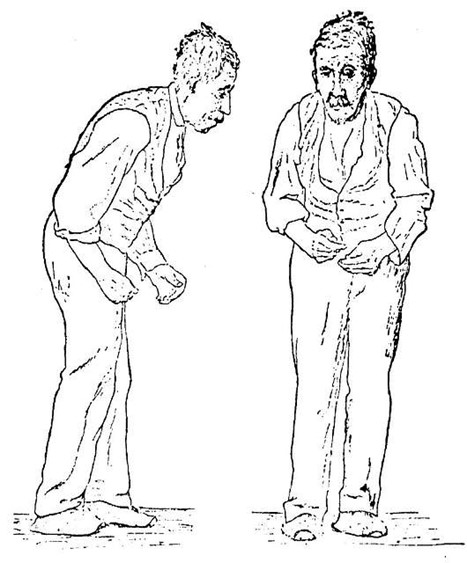Could Higher IgM Anti-PC Antibody Levels Protect Older Women from Heart Attacks?
As women age, their cardiovascular health becomes a major concern, especially during and after menopause when hormonal changes increase their risk of heart disease. While traditional risk factors such as high cholesterol, blood pressure, and diabetes are well-known, emerging research is uncovering novel biomarkers that could help predict and possibly prevent heart attacks in older women. One of these potential markers is the immunoglobulin M (IgM) anti-phosphorylcholine (anti-PC) antibody.
What Are IgM Anti-PC Antibodies?
IgM anti-PC antibodies are part of the body’s immune response. They specifically target phosphorylcholine, a component found on oxidized low-density lipoprotein (LDL) cholesterol and damaged cells. This means they could play a protective role in the cardiovascular system by targeting and neutralizing harmful oxidized lipids before they can damage arteries. In essence, IgM anti-PC antibodies act as a frontline defense against inflammation and plaque buildup, two key contributors to heart disease.
The Link Between IgM Anti-PC Antibodies and Heart Health
Atherosclerosis, the hardening and narrowing of the arteries due to plaque buildup, is a major cause of heart attacks. Research has shown that individuals with higher levels of IgM anti-PC antibodies tend to have less arterial plaque and lower levels of inflammation. This protective effect may be even more significant in older women, who experience a steep decline in estrogen—a hormone that helps protect heart health—during menopause.
Estrogen is known to have anti-inflammatory properties, and its decline can leave older women more vulnerable to heart disease. However, higher levels of IgM anti-PC antibodies might compensate for this loss by curbing the inflammation and oxidative stress that drive atherosclerosis.
How IgM Anti-PC Antibodies Could Reduce Heart Attack Risk
- Preventing Plaque Formation: By targeting and neutralizing oxidized LDL cholesterol, IgM anti-PC antibodies can help prevent the buildup of plaque in the arteries. Plaque can narrow arteries and restrict blood flow to the heart, leading to heart attacks.
- Reducing Inflammation: Chronic inflammation is a major risk factor for heart disease. IgM anti-PC antibodies may lower inflammation by clearing damaged cells and oxidized lipids that trigger the body’s inflammatory response.
- Improving Vascular Health: Research suggests that people with higher levels of these antibodies have healthier blood vessels with less stiffness and more elasticity, which helps maintain proper blood flow and reduces the risk of blockages.
Why This Matters for Older Women
Cardiovascular disease is the leading cause of death among women, and older women are particularly vulnerable. Understanding the potential protective role of IgM anti-PC antibodies could lead to new strategies for preventing heart disease, particularly in postmenopausal women. While more research is needed to fully understand the mechanisms behind this protective effect, there is potential for IgM anti-PC levels to serve as a biomarker for heart disease risk, allowing for earlier interventions.
In addition, future therapies could focus on boosting these antibody levels to enhance the body’s natural defense against cardiovascular damage. This could be particularly important for older women, who may benefit from targeted treatments that address the unique cardiovascular risks they face after menopause.
To learn more, check out this summary from Medical News Today.
The discovery of IgM anti-PC antibodies as a potential protector against heart attacks in older women opens new possibilities for preventing cardiovascular disease. These antibodies could help reduce inflammation, prevent plaque formation, and support vascular health, offering a novel approach to reducing heart attack risk. As researchers continue to explore the role of these antibodies, older women may soon have more tools at their disposal to protect their heart health and live longer, healthier lives.
Discover the transformative potential of the Screening Test offered by the Asher Longevity Institute, designed to enhance your well-being and empower you in safeguarding against age-related ailments. Elevate your health and optimize treatment outcomes through this cutting-edge approach.




